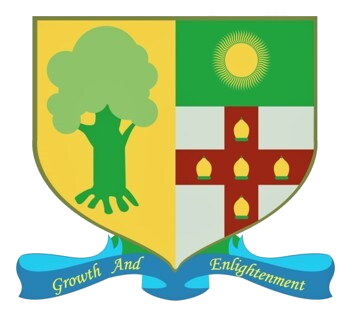Infants,toddlers and caregivers: a curriculum of respectful, responsive, relationship-based care and education / Janet Gonzalez- Mena; Dianne Widmeyer Eyer
Publication details: New York : McGraw-Hill Companies Inc. 2012Edition: 9th edDescription: xxviii,372p. ill. 23cmISBN:- ISBN 978-0-07-802435-1
- 362.712 G6436
Includes index
pt. 1. Focus on the caregiver -- 1. Principles, practice, and curriculum -- Relationships, interactions, and the three Rs -- Ten principles based on a philosophy of respect -- Curriculum and developmentally appropriate practice -- 2. Infant-toddler education -- Infant stimulation -- Babysitting -- Preschool -- The components curriculum as the foundation of infant-toddler education -- Infant-toddler education and school readiness -- 3. Caregiving as curriculum -- Thinking again about infant-toddler curriculum -- Planning for attachment -- Policies that support curriculum as caregiving -- Assessment -- Caregiving routines -- Feeding -- Diapering -- Toilet training and toilet learning -- Washing, bathing, and grooming -- Differing needs and perspectives -- Dressing -- Napping -- 4. Play and exploration as curriculum -- Adult roles in play -- Environmental factors that influence play -- Appropriate practice. pt. 2. Focus on the child -- 5. Attachment -- Brain research -- Milestones of attachment -- Attachment issues -- Children with special needs : importance of early intervention -- 6. Perception -- Sensory integration -- Hearing -- Smell and taste -- Touch -- Sight -- Multisensory experiences and the outdoor environment -- Children with special needs : educating families about the Individualized Family Service Plan -- Behaviors showing development of perception -- 7. Motor skills -- Physical growth and motor skills -- Brain growth and motor development -- Reflexes -- Large motor skills and locomotion -- Small motor skills and manipulation -- Fostering motor development -- Children with special needs : finding resources -- Behaviors showing development of motor skills -- 8. Cognition -- The cognitive experience -- Sensorimotor experience : Piaget -- Sociocultural influences : Vygotsky and Piaget -- Supporting cognitive development -- Brain-based learning -- Children with special needs : early childhood inclusion -- Behaviors showing development of cognition -- 9. Language -- Progression of language development -- Receptive language -- Expressive language -- The cognitive link -- The brain and early language development -- fostering language development -- Early literacy -- Cultural differences, bilingualism and dual language learners -- Children with special needs : supporting parents and families -- Behaviors showing development of language -- 10. Emotions -- The development of emotions and feelings -- Temperament and resiliency -- Helping infants and toddlers cope with fear -- Helping infants and toddlers cope with anger -- Self-calming techniques -- Developing self-direction and self-regulation -- The emotional brain -- Children with special needs : challenges and trends -- Behavior showing development of emotions -- 11. Social skills -- Early social behaviors -- Stages of psychosocial development -- Trust -- Autonomy -- Initiative -- Guidance and discipline -- Security and control for infants -- Limits for toddlers -- Teaching prosocial skills -- Promoting health brain growth -- The special need of all children : self-esteem -- Behaviors showing development of social skills. pt. 3. Focus on the program -- 12. The physical environment -- A safe environment -- A healthful environment -- The learning environment -- Developmental appropriateness -- Assessing the quality of an infant-toddler environment -- Aesthetics -- Acoustics -- 13. The social environment -- Identity formation -- Attachment -- Self-image -- Cultural identity -- Gender identity -- Self-concept and discipline -- Modeling self-esteem by taking care of yourself -- 14. Adult relations in infant-toddler care and education programs -- Parent-caregiver relations -- Communication -- Parent education -- Parents of children with special needs -- Early care and education professionals -- Caregiver relations -- Respect as the key to adult relationships -- Appendix A. Quality in infant-toddler programs : a checklist -- Appendix B. Environmental chart -- Glossary.
An introduction to care and education in the first three years of life, featuring a cohesive approach inspired by Magda Gerber and Dr Emmi Pikler, pioneers in what Gerber called Educaring. It emphasizes the value of play and exploration, giving attention to those caregiving times, when relationships grow and an abundance of learning occurs
There are no comments on this title.

